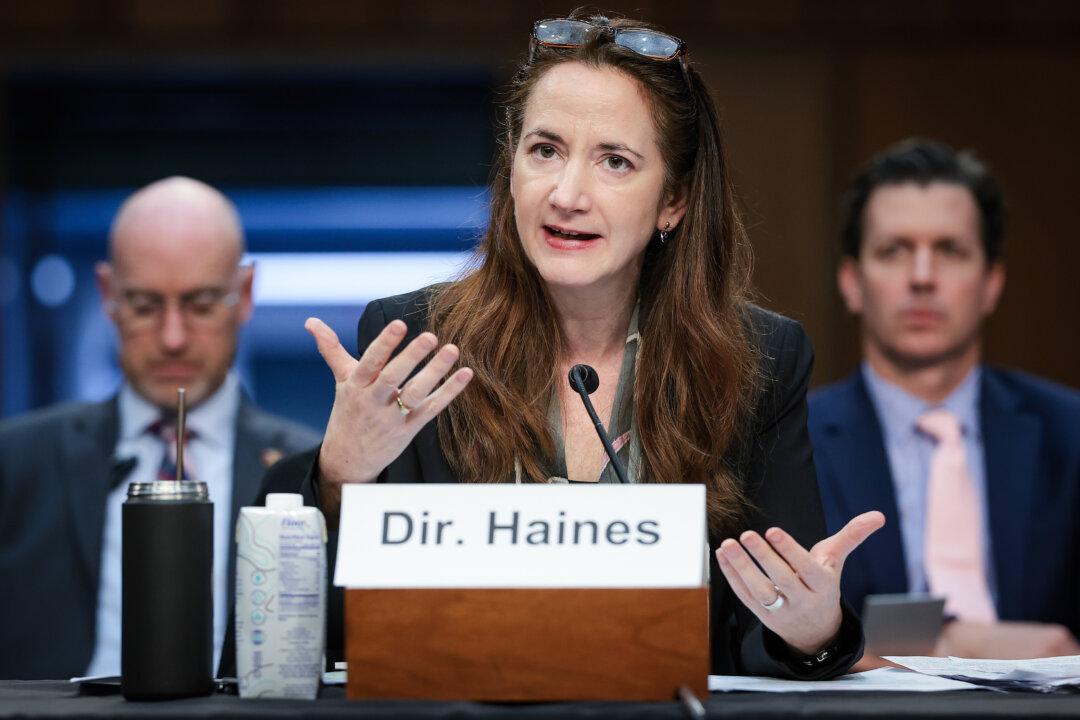Beijing is “growing increasingly confident” in its ability to influence elections in the United States and globally, according to Director of National Intelligence Avril Haines.
The Chinese authorities have perfected their influence operations tools through artificial intelligence (AI) and big data analytics, she told lawmakers at a May 15 Senate hearing on foreign threats to the 2024 elections.





